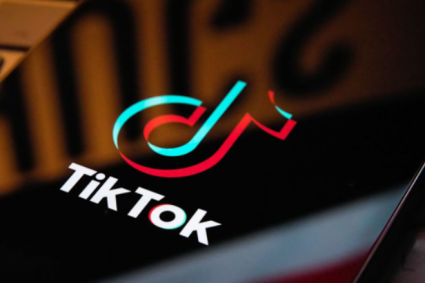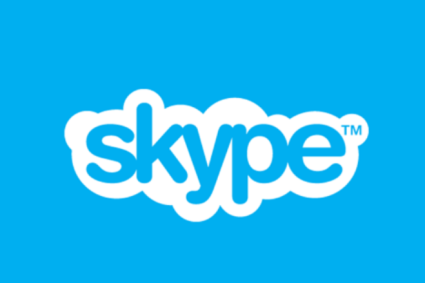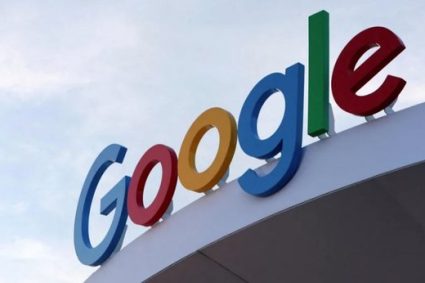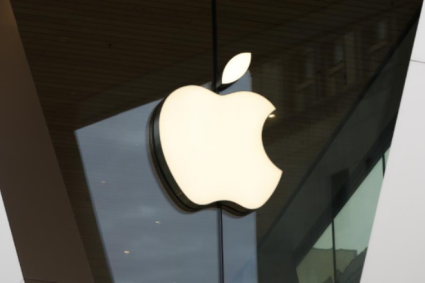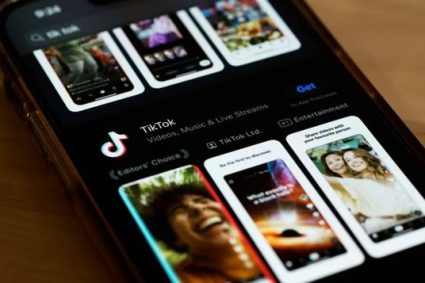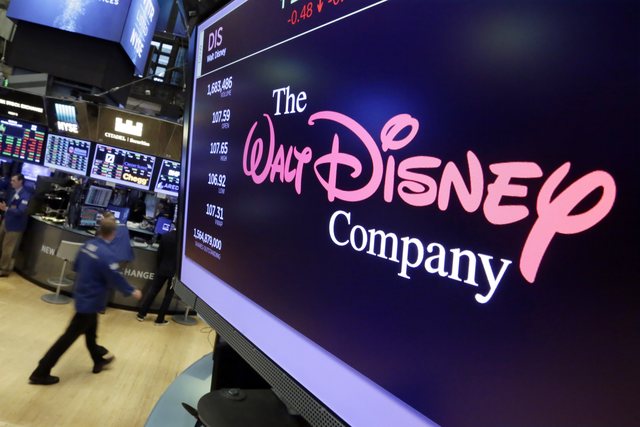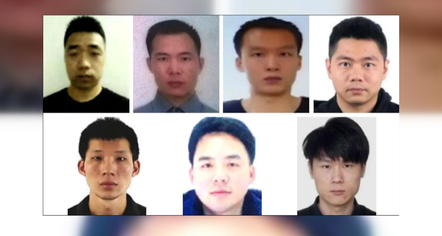
In Germany, in the past year, Chinese venture TikTok and other major online platforms have come under EU scrutiny for compliance with the Digital Services Act (DSA). The EU Commission has expressed doubts about the large Internet concern, including TikTok, for not respecting these EU rules, especially in relation to the protection of young people.
EU Commissioner Thierry Breton has accused TikTok of not sufficiently respecting rules to protect young people. Under EU digital services law, under-16s should be restricted from using platforms like TikTok.
People under 13 should only have access to a limited version. One of the criticisms has been that age verification on TikTok is insufficient, as it is based on declaration alone or when opening an account, without seeking age verification from other sources.
In this regard, the EU Commission has expressed concern that TikTok’s algorithm drives users to an endless stream of videos, following their personal preferences, and this kind of “seduction” can lead to an addiction. uncontrollable to users.
TikTok has maintained that their algorithm complies with DSA rules, but admitted that the option to deactivate it is hidden in the app and can be requested after many clicks.
In this regard, TikTok has promised to commit to improving the protection of young people, working with experts and the industry to make the platform safer.
The EU Commission is also seeking researcher access to TikTok’s data, in line with DSA rules.
In Germany, TikTok has attracted attention, especially since the right-wing nationalist party “AfD” has had great success on the platform compared to its competitors.
This has raised more concerns about the influence and use of such platforms by political parties and interest groups.
This case reflects the tensions and concerns surrounding data security and protection on major online platforms, as well as the issues of access and influence they have on their audiences, especially young people.
👁️[WPPV-TOTAL-VIEWS]



